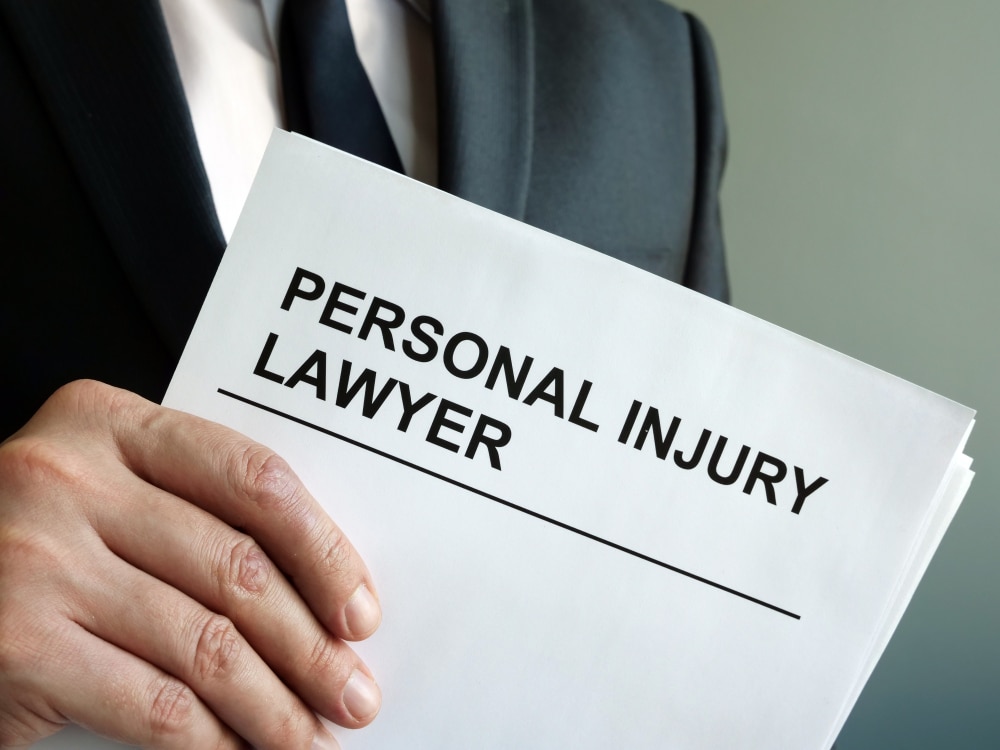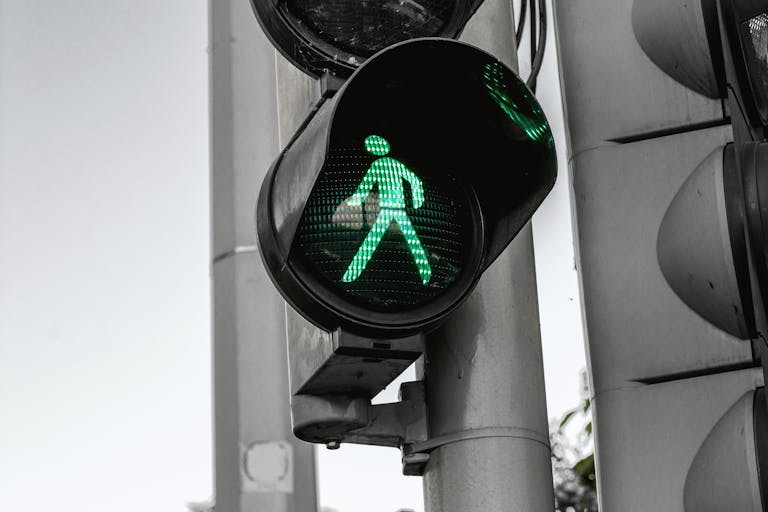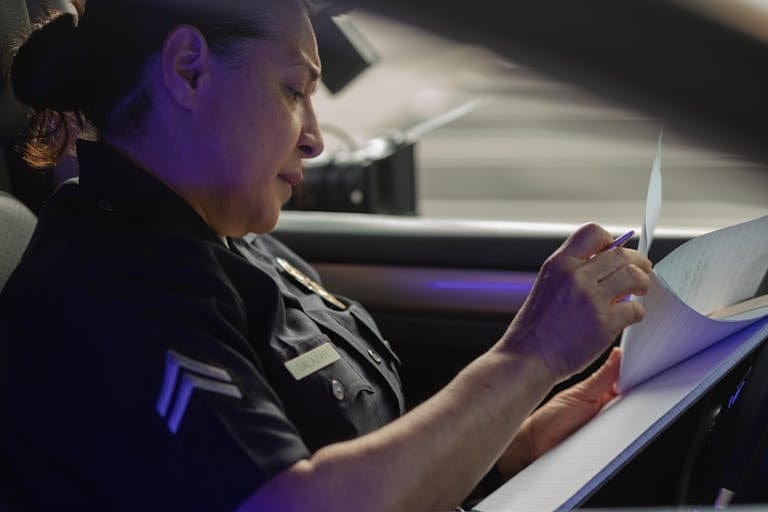How Can a Personal Injury Lawyer Help Me?

Have you or a loved one been injured in an accident? If the answer is yes, and you believe that someone else is at fault for any injuries suffered, you might be wondering if you are eligible for compensation. In these situations, your best bet is to get in touch with a personal injury lawyer. But what can these professionals do for you, exactly? Below, we break down the different ways in which a personal injury lawyer can help you – from examining the details of your case to negotiating with insurance companies, coordinating with expert witnesses and representing you in court.
- Thorough investigation and review. The first thing a personal injury attorney will do is sit down with you and go through every aspect of your case; no detail is too small. They’ll review all of the evidence, including accident reports, witness statements and medical records.
- Case valuation. In personal injury cases, case valuation means determining the full extent of the damages that the injured person has suffered. To do so, your lawyer will take into consideration factors like medical expenses, lost wages, property damage and emotional distress (past, present and future). Your lawyer will then use this valuation to come up with a monetary amount of compensation to pursue in your claim.
- Consultation and coordination with expert witnesses. Expert witnesses often play a big part in personal injury cases. They use specialized knowledge to support your claim – whether that’s by explaining injuries in more detail or reconstructing an accident. These witnesses provide testimony that helps clarify the nature of the accident, so that the judge and jury are better equipped to decide if the defendant is to blame for it. Personal injury lawyers find, interview and work closely with expert witnesses to help strengthen your case.
- Legal documentation. The legal process for personal injury claims is complicated. If you’re not a lawyer, chances are you don’t know the difference between a complaint, a motion or a pleading. A personal injury lawyer is well versed in all of the documentation involved in successfully filing a claim, as well as responding to opposing counsel, appealing decisions and more. Attorneys keep track of various filing deadlines, too; there is typically a statute of limitations for personal injury cases, so it’s important to be organized and to avoid any delays that could jeopardize your claim.
- Negotiation with insurance companies. Experienced personal injury lawyers know how to negotiate with insurance companies in order to ensure the best outcome for their clients. Not surprisingly, these companies will do whatever they can to pay the least amount possible in personal injury claims, and trying to deal with them on your own can be overwhelming and stressful. A good attorney can anticipate and counter any lowball payout offers by presenting evidence to support your claim and advocating on your behalf.
- Negotiation with the opposing party. A personal injury lawyer acts as your representative when communicating with the defendant’s legal team. Together, they exchange information and work toward resolving the case, whether that’s through settlement, mediation or litigation.
- Mediation and Alternative Dispute Resolution (ADR). Mediation and ADR are negotiation processes in which a third party facilitator works with the plaintiff and the defendant to reach an agreeable settlement. It’s an efficient and cost-effective alternative to a trial, and can also be less stressful. Personal injury lawyers can help you decide if mediation or ADR is the right choice for you.
- Settlement guidance. If you receive a settlement offer from an insurance company or from the opposing party, a personal injury attorney will advise you on whether to accept the offer, provide a counter offer or move toward litigation in court. Remember, it’s in their best interest to offer you the lowest amount possible; having someone on your side who understands how much compensation you should expect to receive can make a big difference.
- Litigation. Sometimes negotiations fail, and the only way to resolve an issue is in court. If that’s the case, you want an attorney who knows how to navigate the ins and outs of the legal system. A lawyer with experience in personal injury cases can accurately and effectively represent your interests before a judge and jury.
- Appeals. If you aren’t satisfied with the ruling in your personal injury case, you have the right to appeal – essentially, to ask a higher court to review the judgment. Your attorney can spearhead the appeals process, filing the necessary documents and laying the groundwork for another trial.
- Contingency fees. Some personal attorneys work on what’s called a contingency fee basis, meaning that they only receive payment if they are successful in earning you compensation. By doing so, they enable you to fight for what you deserve without taking huge financial risks.
As you can see, there are a lot of reasons why hiring a personal injury lawyer makes sense. Not only do they understand the complexities of the legal system, but they can also give you expert advice on the strength of your case. A seasoned attorney is trained in the art of negotiation and knows how to manage both insurance companies and opposing counsel (no easy feat for the uninitiated). If mediation and/or settlement is the right path to take, they will guide you in that direction. If litigation is more advantageous, they are your voice in court, fighting for what you’re owed. And if a ruling doesn’t go your way, they can help you appeal the decision and try to achieve a more successful outcome.
If you’ve been injured in an accident and you think someone else is at fault for your injuries, contact the Law Offices of Nicholas Parr in Baltimore, MD today to schedule your free consultation. We don’t receive a fee unless we win.








